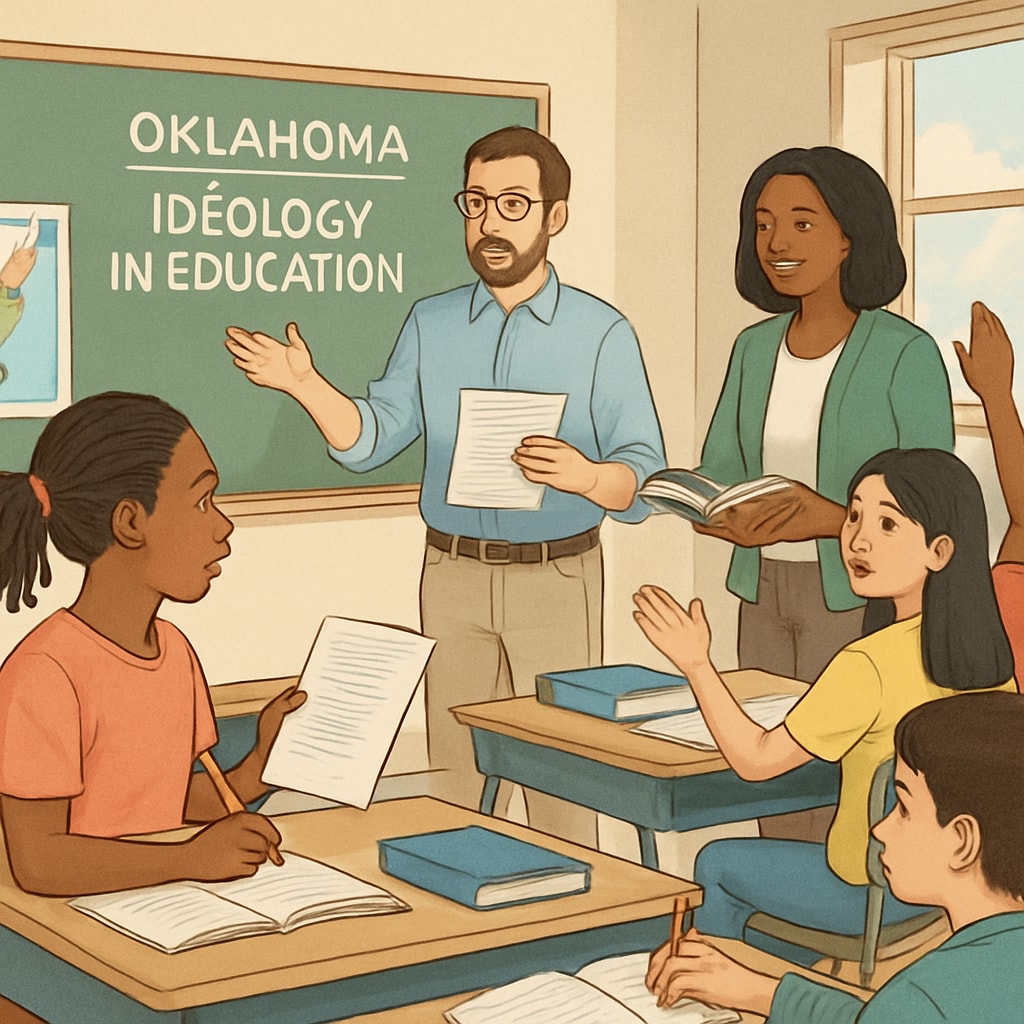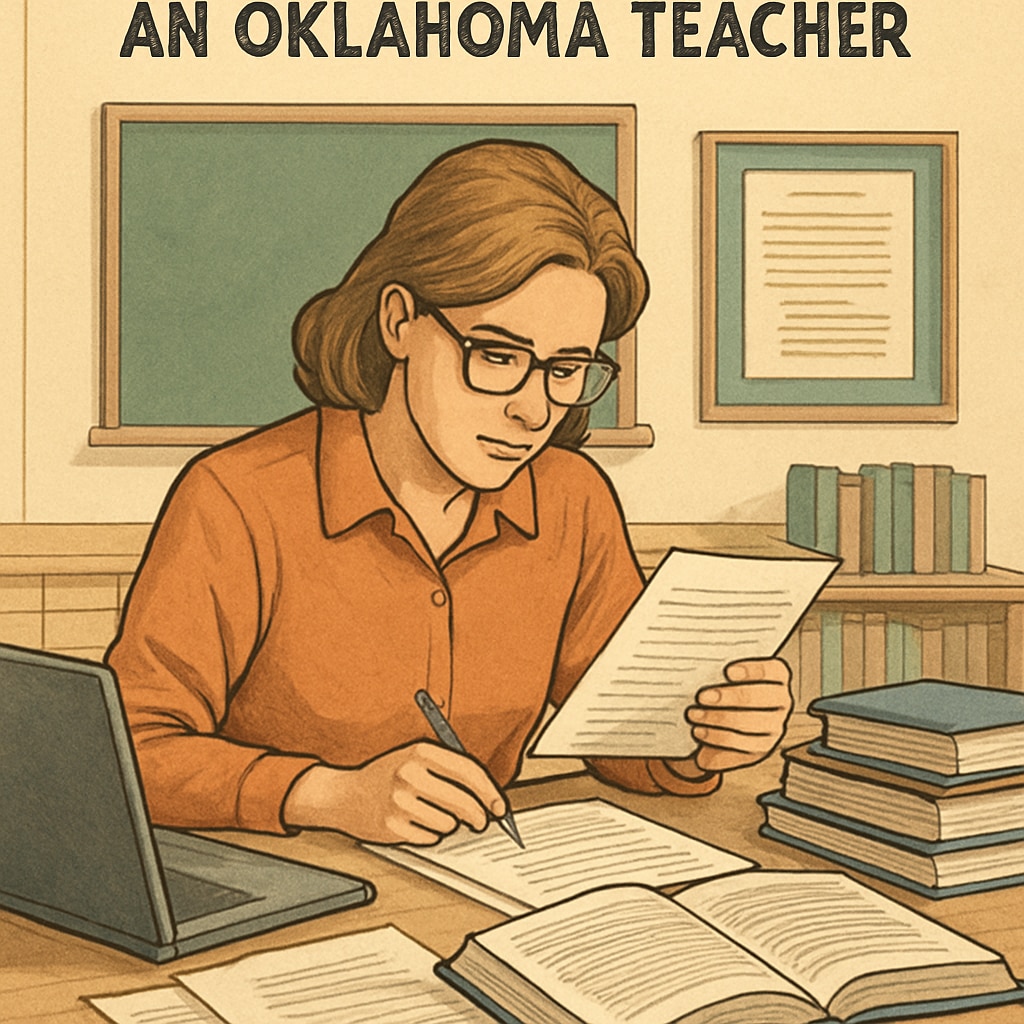Oklahoma’s newly implemented political ideology test for out-of-state teacher applications has drawn significant attention from educators, policymakers, and the public alike. By incorporating political belief screenings into the hiring process, the state aims to ensure alignment with local values. However, this approach raises critical questions about fairness, diversity of thought, and the broader implications for students in a politically polarized era.
The Policy: A Step Towards Homogeneity or Necessary Screening?
Oklahoma’s policy mandates that teachers applying from other states undergo a political ideology test to assess their compatibility with the state’s educational values. Proponents argue that this ensures students learn in an environment aligned with community beliefs. Critics, however, warn that such a measure risks turning education into a tool for political conformity.
By prioritizing ideological alignment, rather than teaching qualifications or experience, the policy may inadvertently exclude highly skilled educators. In addition, such screening could deter applicants who value academic freedom and diverse perspectives—a cornerstone of effective education.

Impact on Diversity and Educational Integrity
Diversity in education is essential for fostering critical thinking and preparing students for a globalized world. Teachers from varied backgrounds bring unique perspectives that enrich classroom discussions and broaden students’ horizons. Policies like Oklahoma’s, which prioritize political alignment, risk homogenizing the teaching workforce, depriving students of exposure to differing viewpoints.
For example, a study published on Britannica highlights the importance of ideological diversity in education to strengthen democratic values and critical analysis. Limiting this diversity can hinder students’ ability to navigate complex societal issues.
Balancing Political Oversight and Academic Freedom
Education has long been influenced by political policies, but the line between oversight and overreach is thin. While states have a right to shape curricula and teacher expectations, enforcing political ideology tests may cross into dangerous territory. It risks alienating educators who view their role as imparting knowledge rather than adhering to political mandates.
Furthermore, the policy could set a concerning precedent for other states. If political tests become widespread, the teaching profession might shift from being a bastion of intellectual growth to a controlled mechanism for political reinforcement. This trend was explored in depth by Wikipedia, which discusses how ideology can influence public institutions.

What Does This Mean for Students?
Students are the ultimate stakeholders in education policy. Restricting ideological diversity in the classroom could limit their exposure to varied perspectives, reducing their ability to critically analyze different viewpoints. This could leave them ill-equipped to engage with diverse ideas in college or the workforce.
Additionally, a lack of teacher diversity may also affect students’ emotional and social development. Teachers who bring unique cultural, ideological, or experiential backgrounds often connect with students in ways that foster understanding and empathy—qualities essential for thriving in a multicultural society.
Moving Forward: Striking the Right Balance
As Oklahoma’s policy continues to garner attention, it’s crucial to assess its long-term effects. Policymakers must balance the need for community alignment with the benefits of diverse educational perspectives. A potential solution could involve focusing on professional qualifications and ethical standards rather than political ideology.
Ultimately, education should empower students to think critically and independently, unbound by political agendas. Striking this balance is not just a challenge for Oklahoma but for the entire nation as it navigates the intersection of politics and education.


